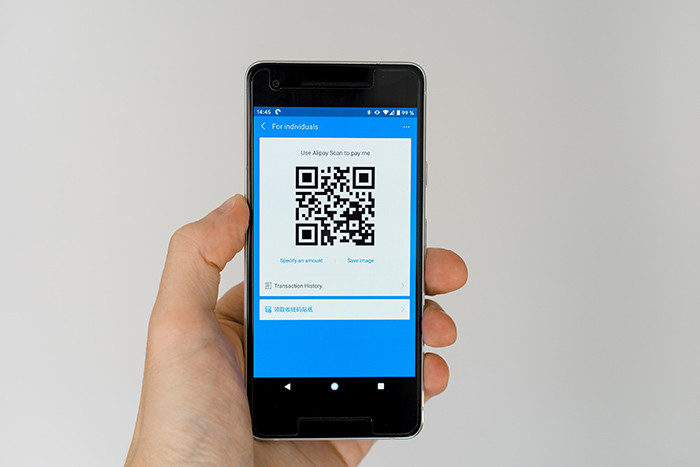Radar Jogja are reporting on a panel discussion at the “Economic Transformation through Digitalization” at the Trade Investment & Industry Working Group (TIIWG) Road to G20: SOE International Conference in Bali on Monday, October 17.
In that discussion, Deputy Minister of BUMN RI Kartika Wirjoatmodjo, said that the digital transformation momentum in BUMN companies is increasingly showing a positive impact, both on business growth and social impact on society.
SOEs also have a big role in increasing the target of 90-percent financial inclusion in Indonesia which is carried out by the Financial Services Authority (OJK) by 2024. In line with efforts to achieve this target, PT Bank Rakyat Indonesia (Persero) Tbk is boosting financial inclusion through digital transformation or digitalization combined with physical services or with the concept of a hybrid bank.
The combination of the advantages of direct physical and digital services or Phygital brings BRI to carry the concept of a hybrid bank. “At BRI, the largest state-owned and largest customer-based bank can provide services to the unbanked segment. This is done consistently with an offline and online interaction approach. For those who are not familiar with digitizing services, BRI consistently educates and digitizes business processes gradually,” said Kartika.
According to Radar Jogja, Kartika also said that the branchless banking innovation of the BRI BRILink Agen BRI is considered capable of encouraging financial inclusion in Indonesia. Through AgenBRILink, Kartika said, banking services can be present more closely, while still carrying out a touch of digitalization in it.
“BRILink agents play an important role in serving the transaction needs of the community, especially in areas that have not been reached by banks,” he said.
AgenBRILink has reached more than three quarters or 77-percent of villages in Indonesia. As of the end of September 2022, the number of BRILink Agents has reached 597,177-agents with a reach of up to 58,095-villages.
Another innovation that was appreciated was the digitization of BRI’s business processes through BRISPOT. Kartika explained that this initiative was a solution for BRI in facing the challenges of credit restructuring. As is known, BRI is the bank with the largest number of credit restructuring during this pandemic, amounting to IDR 249.33-trillion.
“BRI has to restructure 3.3-million accounts with a value of almost IDR 250-trillion and BRI can do that with BRISPOT. Otherwise, it would be impossible to restructure with that much value with just physical interaction, all this is done by adding digitization,” he added.
On a separate occasion, BRI President Director Sunarso revealed that digitalization has implications for reducing operational costs and operation risk. “As a bank that focuses on micro finance , there are two challenges. One is the high operational cost and high operational risk, and the way to shoot the trouble is by digitizing it. Digitization will directly reduce operational costs and operational risk, “he said.
“BRI comes up with a hybrid bank concept. So that’s why BRI came up with a hybrid bank strategy. So we have prepared digitalization from now on to reach people who are now digital and also for the future. But, then the people who are not digital yet, we still have to serve with the Hybrid Bank concept,” concluded Sunarso.
Source: Radar Jogja


